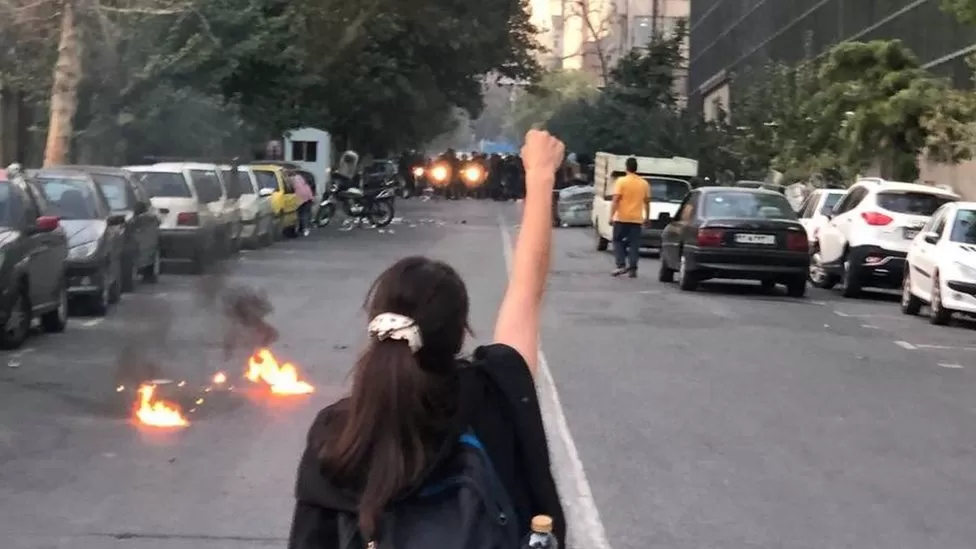As a high school student, I often wonder if the education that I am supposedly garnering is worth the amount that it costs. Although I attend a public school and live in a relatively wealthy neighborhood/ have substantial privilege in attending school, the United States is greatly falling behind in its education system. In fact, it’s probably worse than imagined.
Of course, there are documentable achievements in the United States’ education system that show “improvement”. As the following graphs show, “both 9- and 13-year-olds scored higher in reading and mathematics in 2012 than students their age in early 1970.”


At the same time, however, we’re left wondering how the current presidential administration will affect education in the United States. From the Secretary of Education believing that public schools are “failing,” to calling opposers to school choice “flat-earthers“, there’s growing concern from families across the country regarding the integrity of primary and secondary education.
There are a few things on the list that are concerning:
First off are the numerous budget cuts onto the education sphere that will be detrimental to the further cultivation of programs, organizations, or even the development of new schools. From the highlights of Trump’s first budget cut, funding for the Education Department will cut by more than 13 percent ($11 billion) which also encompasses teacher development and support. All of this money would be able to use for funding for more than 35,000 teachers and up to 1.6 million students.
If that’s not enough of an alarming representation of education in the United States than maybe the second reason will. Even with the numerous cuts onto the ED, DeVos and Trump support the idea of school choice in coalition with the voucher system. School choice is defined as the K-12 educational options that are alternatives to public schools where students are originally assigned places that are drawn by district lines. These district lines ultimately determine which areas/ schools the students will attend in order to maintain the integrity of the said school. While that initially does not sound harmful, Devos’ new voucher program allows for families to use the voucher system to increase school choice, therefore undercutting public school funding. DeVos believes that these programs will ultimately increase performance in school, but evidence proves otherwise.
According to studies done by Tulane University and through the documentation of Indiana’s voucher system, the results show that the scores over a three-year testing period remained the same as students who stayed in public schools. In fact, some students that scored lower found themselves moving back to their respective public schools.
The upcoming 3 years will be very interesting regarding domestic policies centered around education. For those of you that are skeptical regarding school choice and DeVos’ decisions, continue doing so. It’s worth being a flat-earther.



